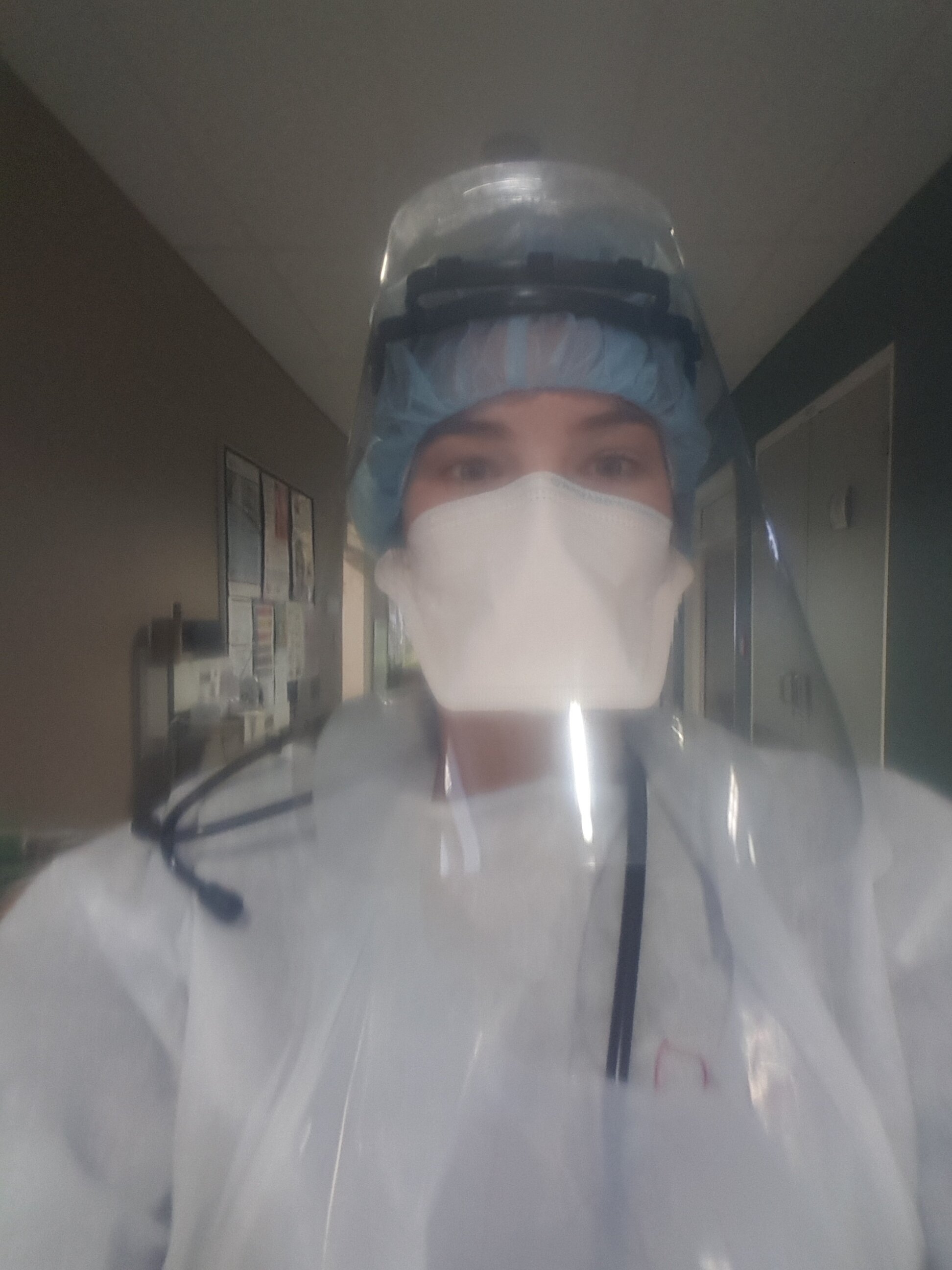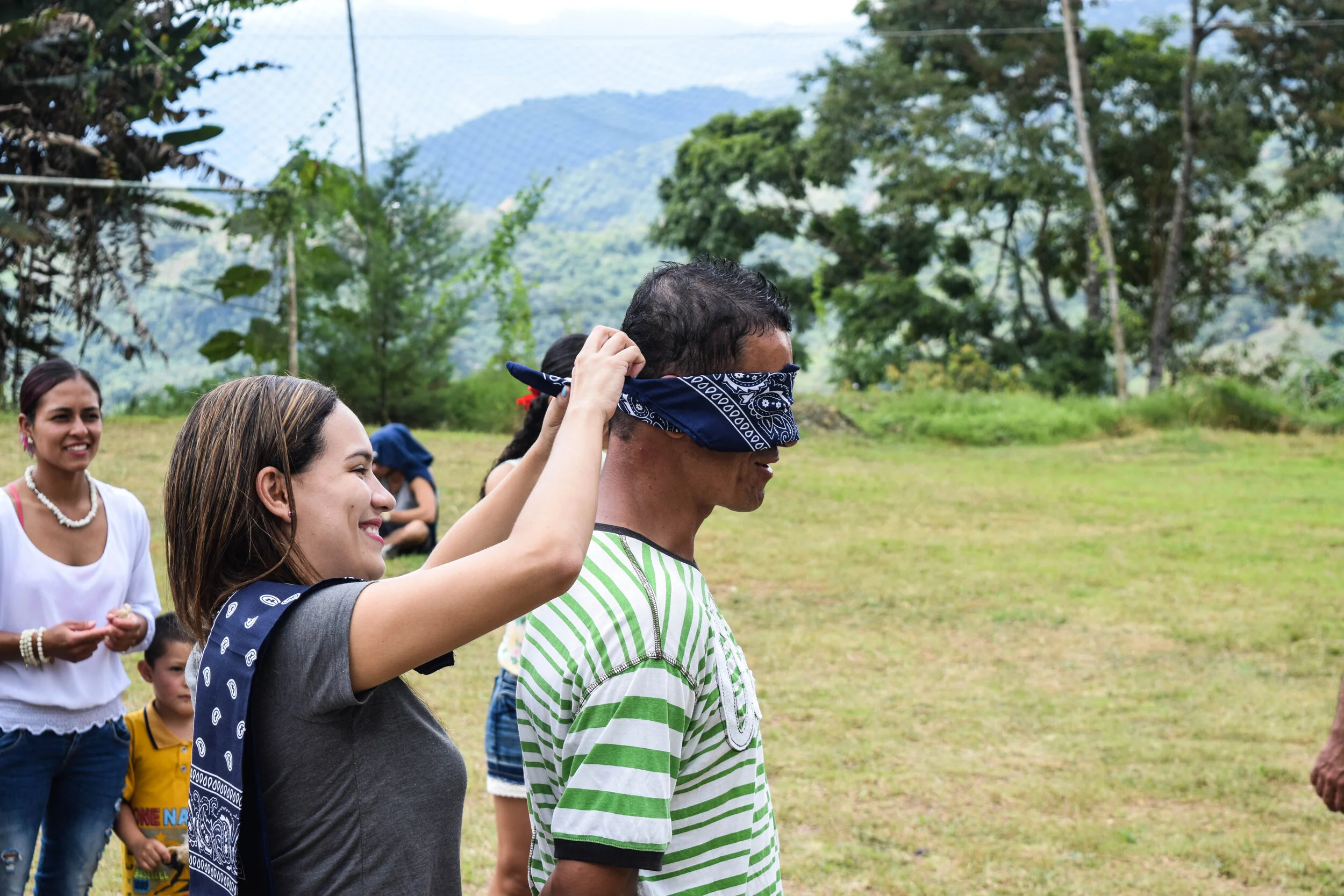Dr. Kerry Kalweit, a 2016 MMEG grantee, gives us a hands-on view of what it has been like to mount, run, and revise a program to combat COVID-19 in East London, South Africa. “This year is quickly morphing into a monster,” she says. “My country was already facing a quadruple burden of disease—namely, noncommunicable diseases (like diabetes, hypertension, and cancer), trauma and accidents (including gender-based violence), infectious diseases (like HIV and TB) and maternal and child mortality. Now with COVID-19, our healthcare system is not coping.”
In a timeline over the spring into the summer, she lays out very clearly how public health efforts tie directly to governmental pandemic policy as well as the toll working on the front lines takes on medical staff such as herself. Dr. Kalweit has made an effort to care for herself by getting regular exercise – whether that means running laps around the hospital or taking online and video exercise classes – noting that “the endorphins also helped calm my anxiety from the daily changes in protocols and guidelines at work.”
She stresses the importance of rapid and local testing for COVID-19 in providing for timely and effective treatment as well as the care that needs to be taken by governments in reopening their economies, especially their liquor stores. Read her fascinating account here.
Thank you for your good work Dr. Kalweit; keep us posted on your efforts!




























